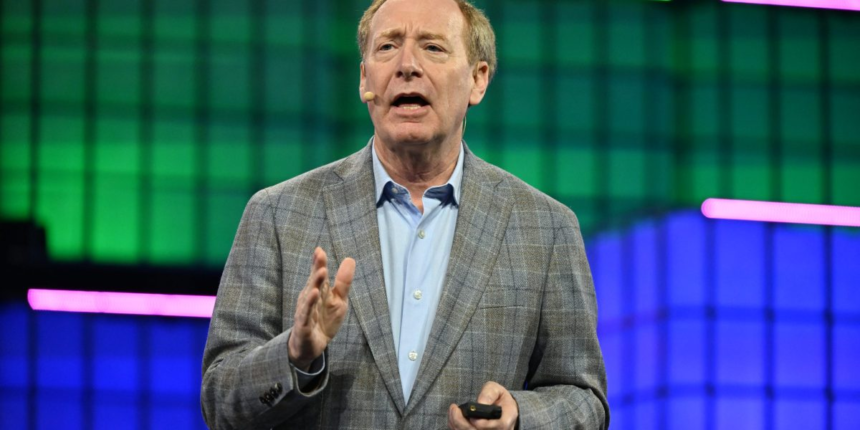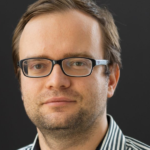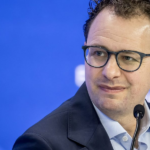“I obviously can’t speak about every other agreement in the AI sector. We’re focused on being disciplined but being ambitious. And I think it’s the right combination,” he said.
“Everybody’s going to have to be thoughtful and disciplined. Everybody’s going to have to be ambitious but grounded. I think that a lot of these companies are [doing that].”
“We feel good about where we are with OpenAI. We feel good about the investments we’ve made,” Smith said.
Fortune asked Smith if this was sustainable. Is AI a bubble?
“From a long-term perspective. I think the answer is no,” he said. “I think that we’ve got years, if not decades, ahead of us for growth. From a short-term perspective, I’ll only speak for Microsoft; I can’t speak for every company in the industry. We have more demand than supply. That’s the reality from customers, and we have an ongoing pipeline of demand and needs, and we see steady growth, and we’re encouraged by where things are going. And we’ll always be disciplined as we’re investing.”
“We see ongoing growth in demand. That’s what we’ve seen over the past year. That’s what we expect today, and frankly our biggest challenge right now is to continue to add capacity to keep pace with it.”
Microsoft is spending big to keep up with that demand but that’s raising eyebrows among investors in AI infrastructure companies. CoreWeave, a provider of chips and datacenters, saw its stock sink 6% after it reported Q3 earnings, even though it beat expectations on revenues.
“I’m not going to speak for other people’s business,” Smith said. “I do think there’s [a role for] diversification for these neocloud providers. I think CoreWeave really blazed the trail for neocloud providers. You see a company like NScale and our partnership with them. You see Nebius, you see G42. I think there’s a role for these different companies.”
Among the reasons Smith thinks AI has so much potential:
At Web Summit, he met Anton Osika, the CEO of Lovable, a vibe-coding startup that lets anyone create apps and software simply by talking to an AI model. “What they’re doing to change the prototyping of software is breathtaking. As much as anything, what these kinds of AI initiatives are doing is opening up technology opportunities for many more people to do more things than they can do before.”
Later, on center stage in front of about 20,000 people in Lisbon’s MEO arena, he highlighted that AI has been adopted faster than almost any other previous technology.
“This will be one of the defining factors of the quarter century ahead,” he said.









